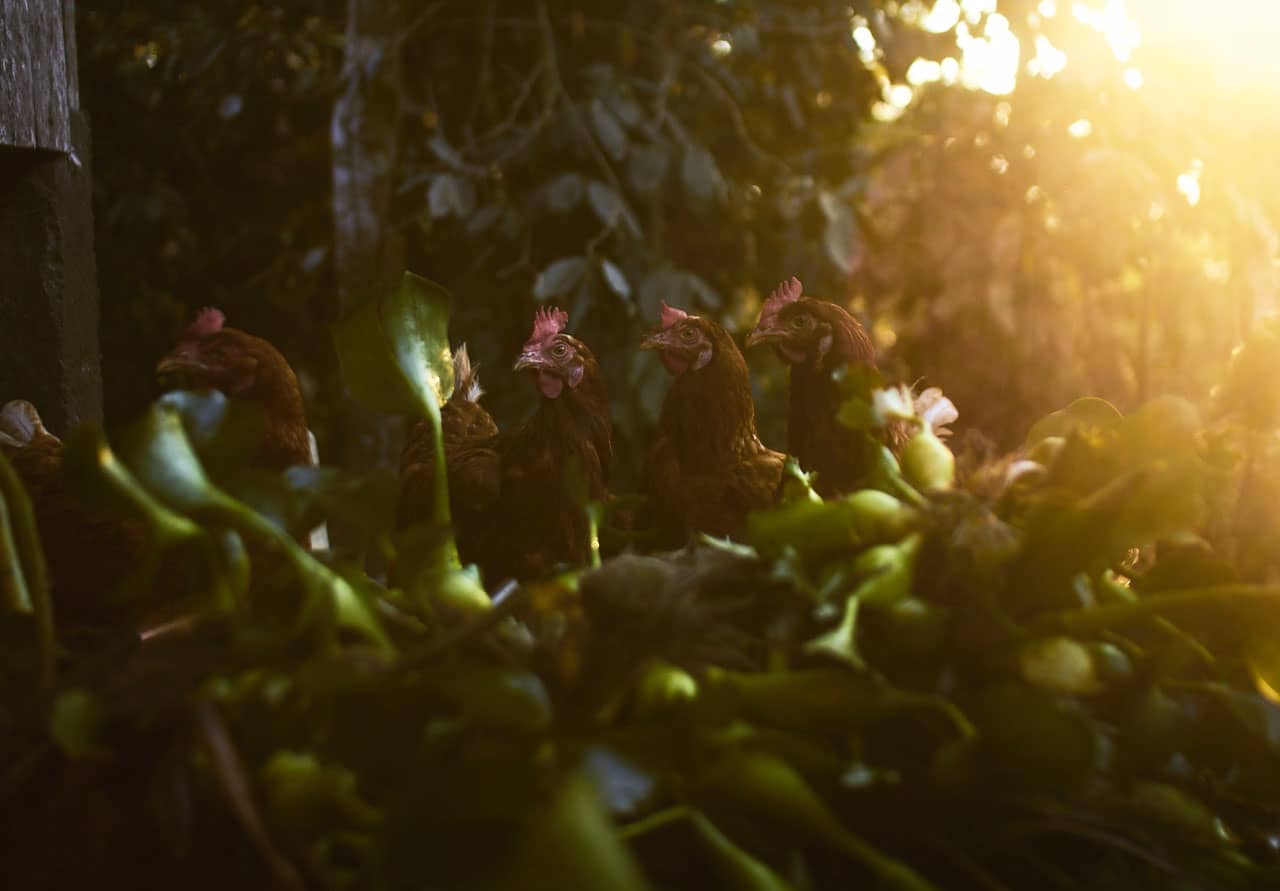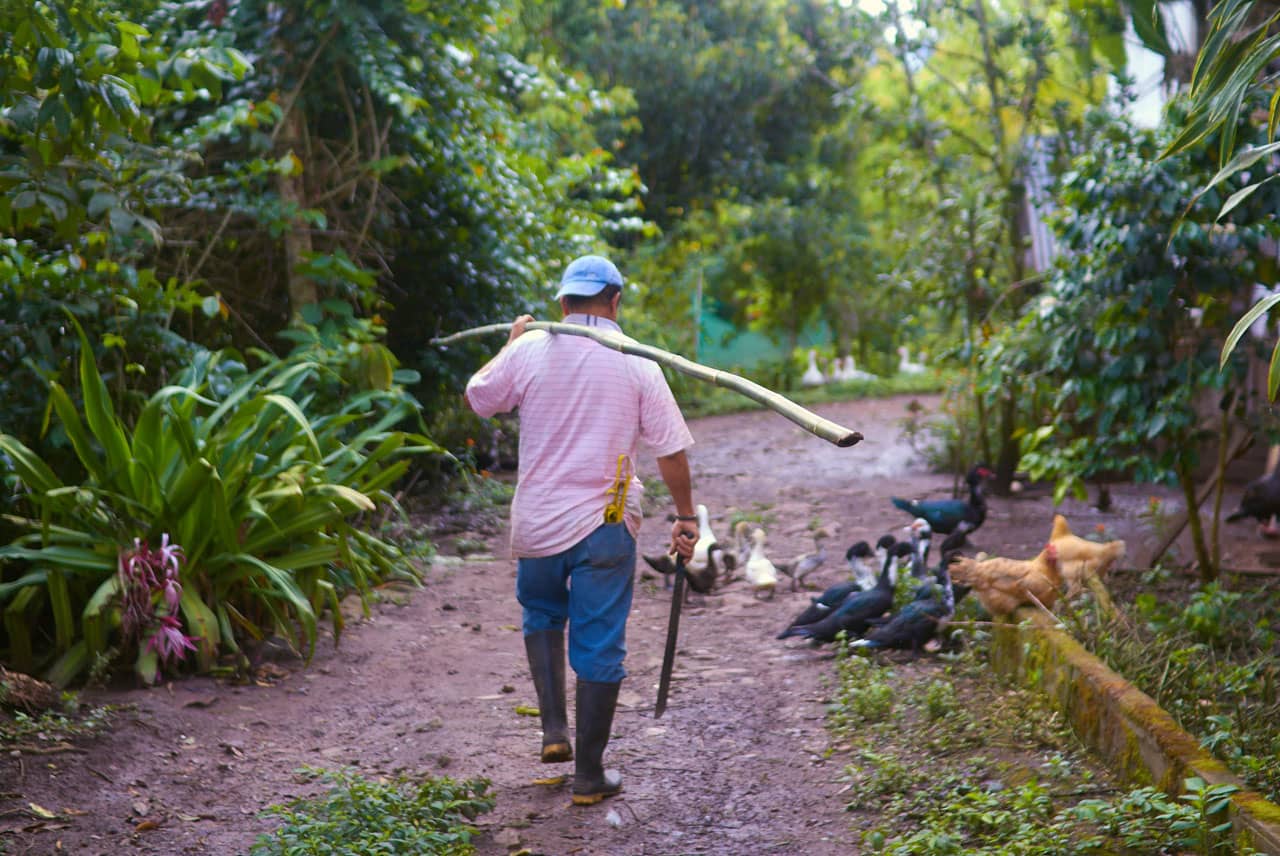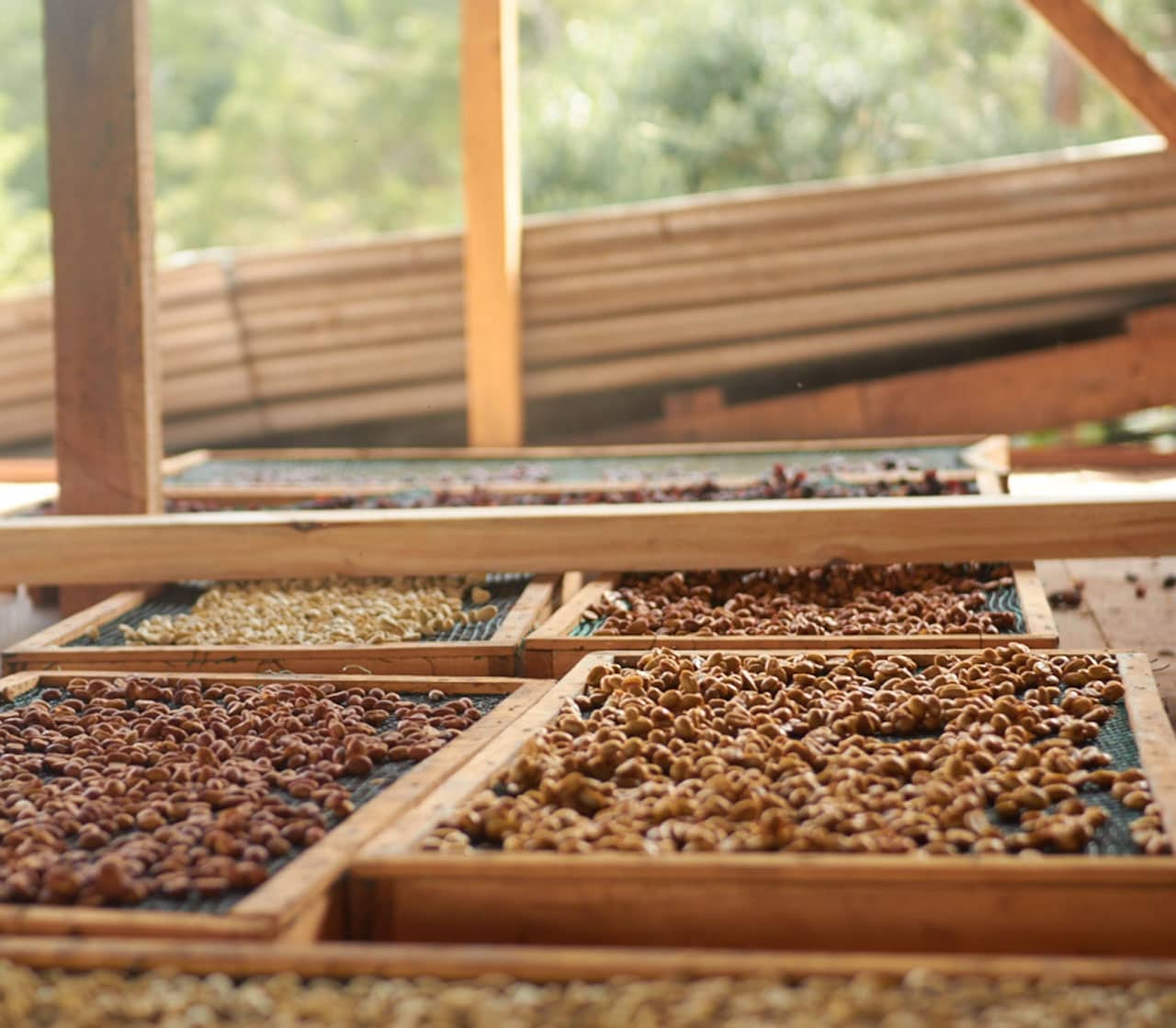- Organic Coffees
Demeter coffee, what makes it so special – from plant to cup.
We all know Demeter cucumbers. As well as Demeter potatoes, cauliflower & co. Apples, of course, but coffee? Even some of my barista friends are surprised …

Karsten Suhr
… when I tell them that we have a wonderful single origin from Peru that is Demeter-certified. “Can you taste the difference?” I’m often asked. Yes. But that’s not what the production of Demeter coffee is about – at least not only one.
Perfect harmony with nature.
That is, in my words, Demeter. A form of agriculture that clearly goes far beyond “regular” organic farming. Their understanding that everything in nature is connected makes this biodynamic agriculture the strictest organic certifications that is currently available.
You can find out more about the Demeter and organic labels:
“Demeter – esoteric or meaningful?”
“Is everything that claims to be organic actually organic?”
An art in itself.
Demeter is therefore not just a very strict certification Demeter stands for a philosophy: Here, a farm is seen as a living organism whose parts – the place, the people, the animals, the plants – all have a specific function. Whether you want to “believe” it or not, it works.
Demeter farming provides remarkable soil health, tremendous biodiversity, water conservation, and, in fact, significantly less energy consumption (30-50%*) because neither fertilizers nor pesticides are used. It is one of – if not THE most – sustainable form of agriculture. So much for Demeter in general. But growing coffee according to Demeter standards is an art in itself.

Maximum passion? Or maximum efficiency?
To understand the great challenge and the special nature of biodynamic (Demeter)coffee, we need to take a brief look at the conventional production of coffee: Huge plantations (up to 2470 acres in size). Monocultures. Coffee plants in rank and file. Large irrigation systems. Harvesting machines. Efficiency optimization at its best. Such fazendas (in Brazil, for example) are geared towards maximum yield. Sustainability and environmental protection are rare here.
However, if you look at Demeter cultivation, for example on the Finca La Chacra d’Dago in Peru – where the Mount Hagen Demeter Single Origin comes from – things look completely different: A rainforest garden in which the Arabica plants (here the Caturra, a subspecies of Coffea Arabica) grow under shady mango, banana, and avocado trees. It might seem like a wilderness with lots of weeds aka undergrowth, which brings with it an immense biodiversity. To be honest, with so much jungle, a layman would not recognize a coffee farm here on the eastern flanks of the Andes.
It sounds a bit like a perfect world (which it is), but this is exactly what protects the coffee plants from pests and diseases. The healthy soil makes the plants resilient and not only are no chemicals used, but significantly less water is also required.
The disadvantage: Everything, from planting the coffee plants, weeding, and fertilizing with compost to harvesting the ripe cherries – everything here is done by hand.
photo:
Barbara Wegmann

Is it worth it? About the processing of Demeter coffee.
Even after the harvest, the manual work does not stop. The beans are hand-picked. They are then washed, de-pulped and fermented in water tanks to allow the fermentation process to take place in a controlled manner in order to create the coffee’s aroma precursors at this early stage of processing.
The next step is called “sun drying”. In contrast to conventional machine drying, which is designed for speed, we give the coffee beans (of all Mount Hagen coffees) time to develop their potential. They lie in flat drying beds in the sun for up to 10 days, are turned regularly and covered at the height of the midday heat and at night until they have the optimum residual moisture content of 11.5%. After peeling and polishing, they are hand-picked again to remove broken beans or foreign bodies, for example.
All in all, it is a very elaborate process that takes a lot of effort, a lot of work, but also a lot of satisfaction. If you ask the Marin family, who run La Chacra d’Dago, they don’t grow Demeter coffee for profit, but because it’s the only way to make the world a little better. And you can really taste it.
Take a look behind the scenes of Demeter and organic farming:
“It does still exists – the perfect world” “Have a look behind the scenes” “The taste of time – lots of time”
How the aromas come in and out of the bean: Roasting and preparation of Demeter coffees.
In principle, every coffee bean “deserves” to be roasted gently and slowly, because only then can it develop the full diversity of its aromas and break down unwanted acids. In conventional coffee production, however, the beans are usually shock roasted in a hot air process at 1100 °F degrees for 2-5 minutes. You can probably imagine that this tastes rather semi-sweet (and is bad for the stomach).
At Mount Hagen, we roast all our coffees in drum roasters. At approx. 400 ºF degrees, slowly and gently for at least 11 minutes. Of course, this also applies to the Demeter beans. The special thing here: They are not processed with other Arabicas to create a blend – a coffee mixture – but to create a specialty: A single origin. Their aroma spectrum is so complex, multi-faceted, and harmonious – a pure pleasure. (Unfortunately, our Demeter Single Origin is currently only available in Germany).
When preparing the coffee, it is worth making a little effort with the grind, water temperature and the like. After all, Demeter coffees are absolute specialty coffees that are rather rare and unusual – whether as filter coffee or espresso from the portafilter.
Here, you can find out more about the Mount Hagen long-term roasting process and its effects on the flavor profile:
“Viva la machina” “Floral? Nutty? Caramel? Resinous?” *https://www.fibl.org/de/standorte/schweiz/departemente/bodenwissenschaften/bw-projekte/vergleich-biologischer-und-konventioneller-anbausysteme#c25276Demeter coffee in nutshell.
What is Demeter coffee?
A specialty coffee from biodynamic cultivation, with the strictest organic certification criteria.
How to recognize Demeter coffee?
What is so special about Demeter coffee?
The cultivation is the most sustainable form of agriculture and coffee production. It is extremely laborious and time-consuming, which is why Demeter coffee is so rare.



